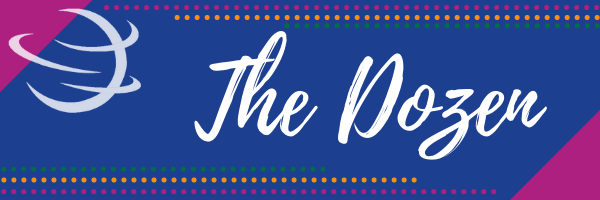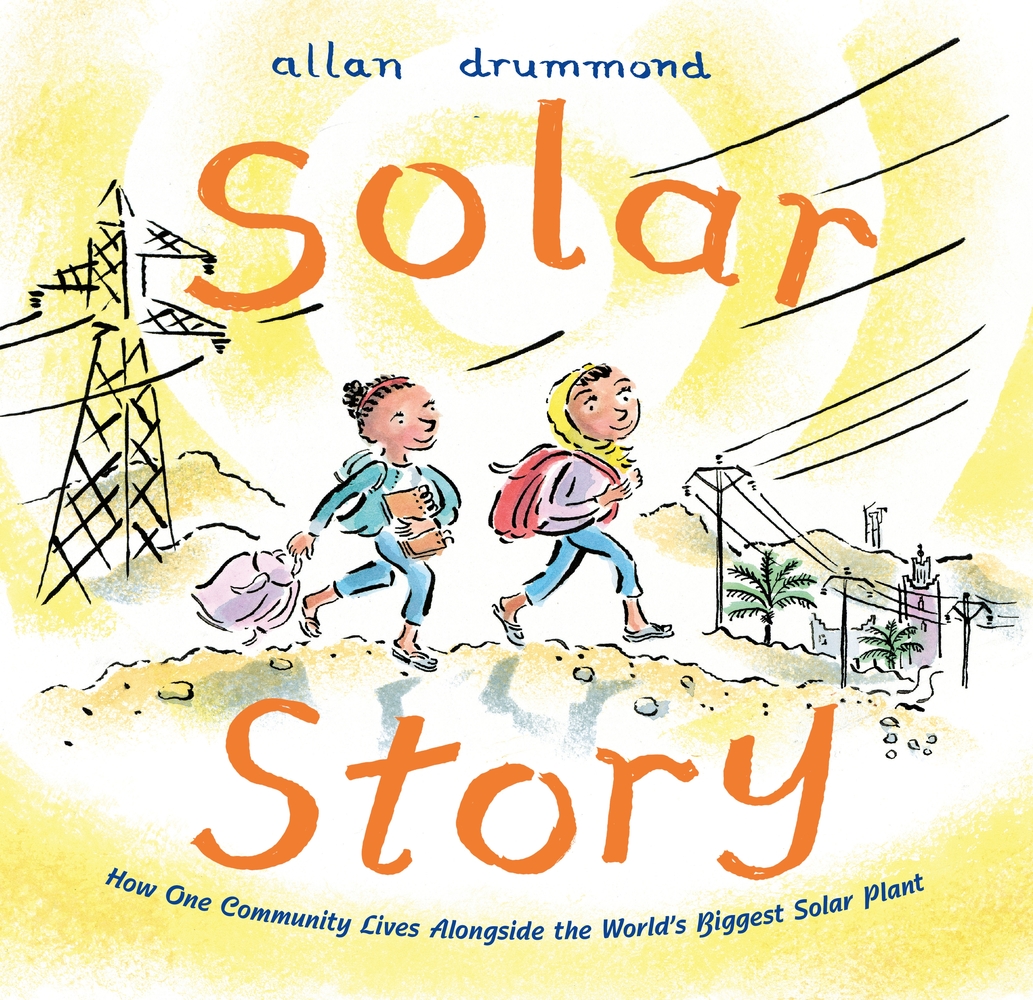By Yoo Kyung Sung, University of New Mexico, Albuquerque, NM and Junko Sakoi, Tucson Unified School District, Tucson, AZ
This COVID-19 post-pandemic era has been difficult for many of us. In the school district I (Junko Sakoi) am working for, stories have played a significant role in social emotional support for children and teens. Stories have eased their anxiety, stress, fear, and trauma, and helped them find a way to cope with the difficulties. This collection includes PreK–12 titles that portray young characters’ social and emotional struggles. These books could help children build resilience through self-discovery and growth as they cultivate empathetic connections and caring perspectives in relationships. Continue reading





